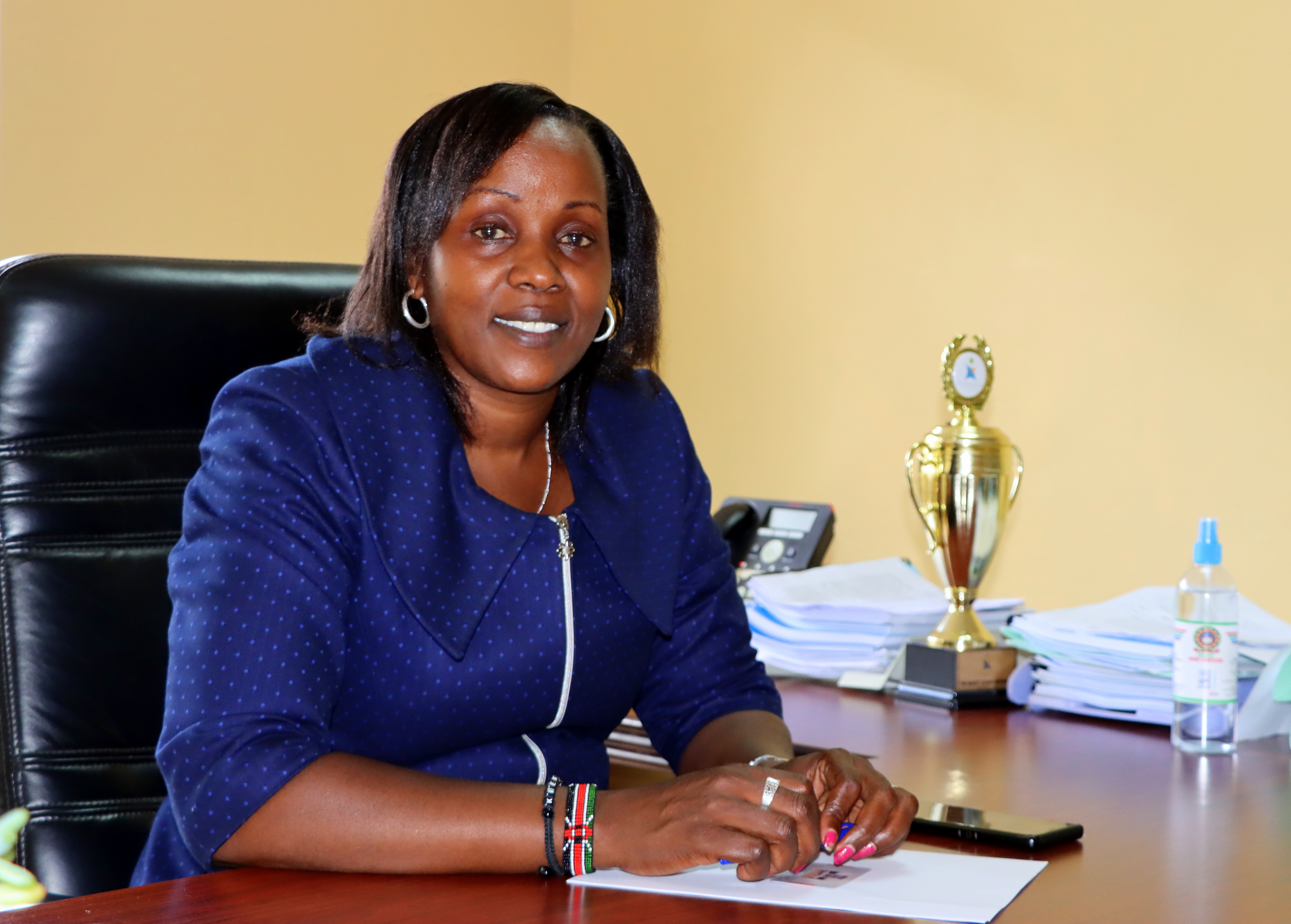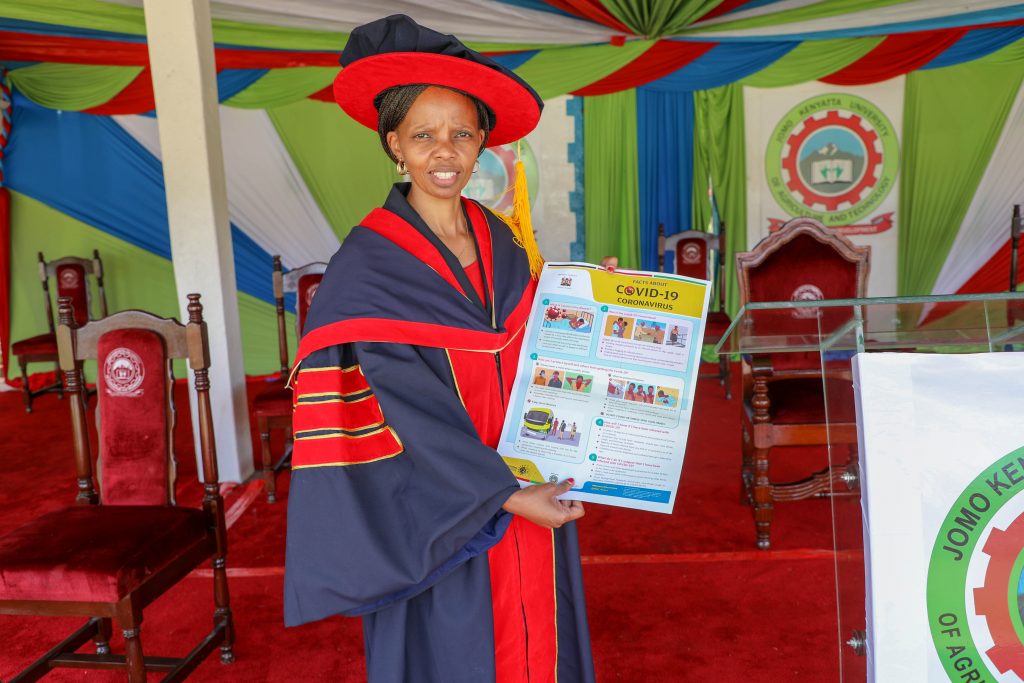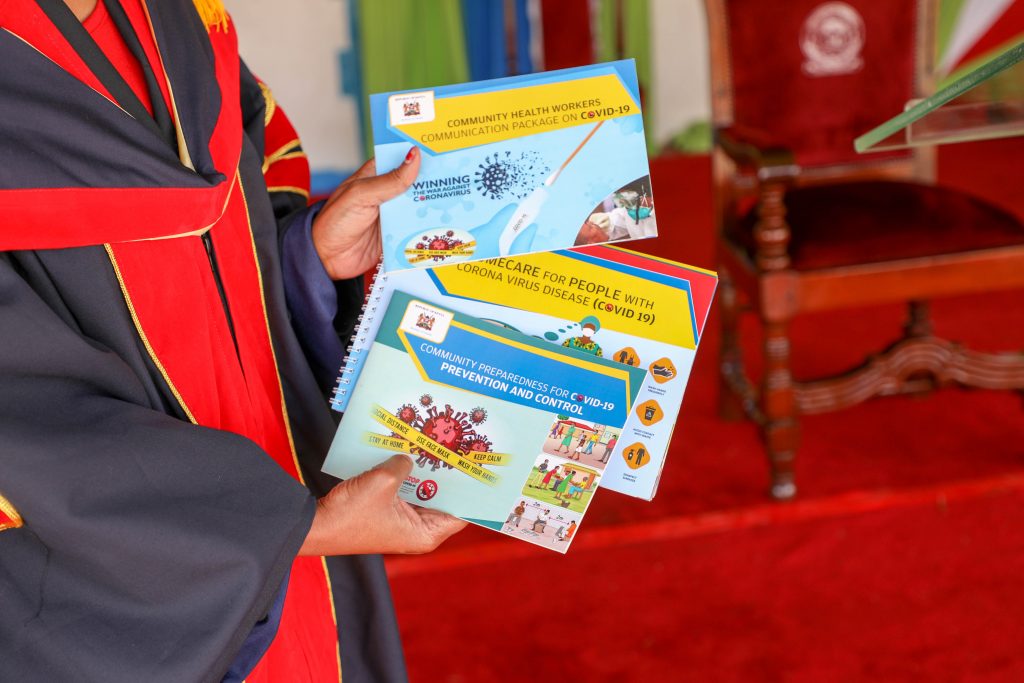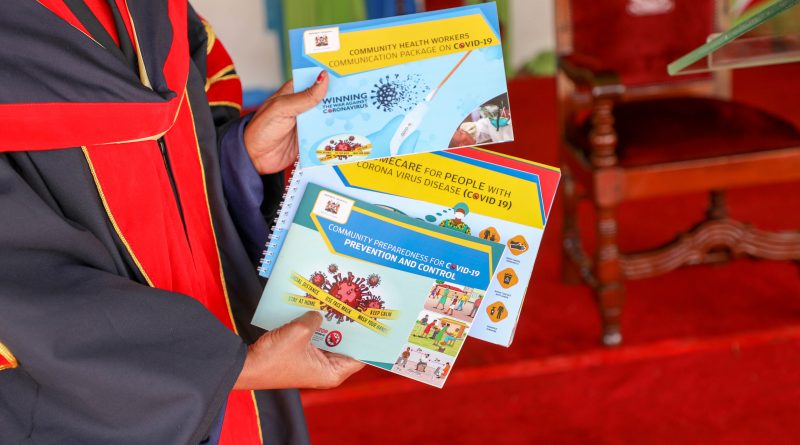A peek into Health Communication as a course in JKUAT
By Dianne Patience,
Most communication specialists have heard of this course. It certainly piqued the curiosity of many after our last graduation, having graduated the first Ph.D. in Health communication in Kenya. So let’s break it down. What is Health communication? What does it entail? Is it practical in our society today?
Many associate health with its technical aspects. We concentrate on medical issues, diagnosis, and clinical issues and end up ignoring the aspect of communication; Health Communication. The School of Communication and Development studies saw this gap and bridged it a while back. The course concentrates on how to communicate health issues to the public. It is all about enhancing health and the well-being of individuals by trying to apply communication principles and theories to the practice of health.
Unfortunately, as of now, people use communication only when something has gone wrong. It is used as a means of addressing a health crisis yet, if properly done, it can prevent major health hazards. Prof. Helen Mberia, the Dean School of Communication and Development Studies (SCDS), JKUAT refers to it as using communication as a spare tire.

Adherence to the control measures put in place to avoid the spread and also the Vaccination of COVID-19 has been a challenge because of poor health communication. Many have resisted using masks washing of hands and sanitizing regularly, and vaccination despite the numerous mitigation measures have been introduced in an effort to prevent the spread of the virus. This is the gap that health communication should bridge.
What does the course entail?
One of the key areas taught in health communication are the theories underpinning healthy behavior change. These theories help us know what to do when we want to change risky behavior. The resistance in health interventions like the use of masks and sanitizers, these theories helps students to know how to ensure people adopt this type of behavior.
Another section is the Design, implementation, monitoring, and evaluation of Health campaigns. “Many Governments, institutions, and NGO’s come up with campaigns like polio, HIV, and even COVID-19, they design and implement them but rarely monitor and evaluate their success. We intend to instill these skills and knowledge in our students so that they can come up with successful health campaigns that lead to behavior change in society,” Prof. Mberia explained during an interview.
Students are also taught Media & Health. How does the media report health issues to the public? Unfortunately, we have very few journalists in Kenya who have been trained to report health matters. Any form of exaggeration or miscommunication from the media tends to insight fear, panic, and resistance among people.
These, including doctor-patient communication, are just but a few.


The course is available at JKUAT, at Master’s and Ph.D. levels. At the Masters level, MSc. Development Studies takes a more general approach where a student can study either Health or Agricultural Communication. At the Ph.D. level, students now specialize and focus on Health communication entirely.
“We are in the process of surveying the market to see whether we can have Health Communication purely at the master’s level,” added Prof. Mberia.
The target audience is medical doctors, health practitioners and professionals, professionals in social sciences such as Psychology and Sociology, those who have done Masters In communication and media studies, or a Ph.D./Masters in Applied linguistics- the majority of which are currently teachers.
To qualify, the applicant must be a holder of Master Degree in Mass Communication from JKUAT or its equivalent from a University recognized by the University Senate. A holder of a Master’s Degree in Health communication, Mass Communication, Sociology, Psychology, Counselling, all the Medical courses, M.A Linguistics, Development Studies or equivalent from JKUAT or its equivalent from a University recognized by the University Senate can also apply.
Applications are open and we look forward to graduating more students in the coming graduation ceremonies.




